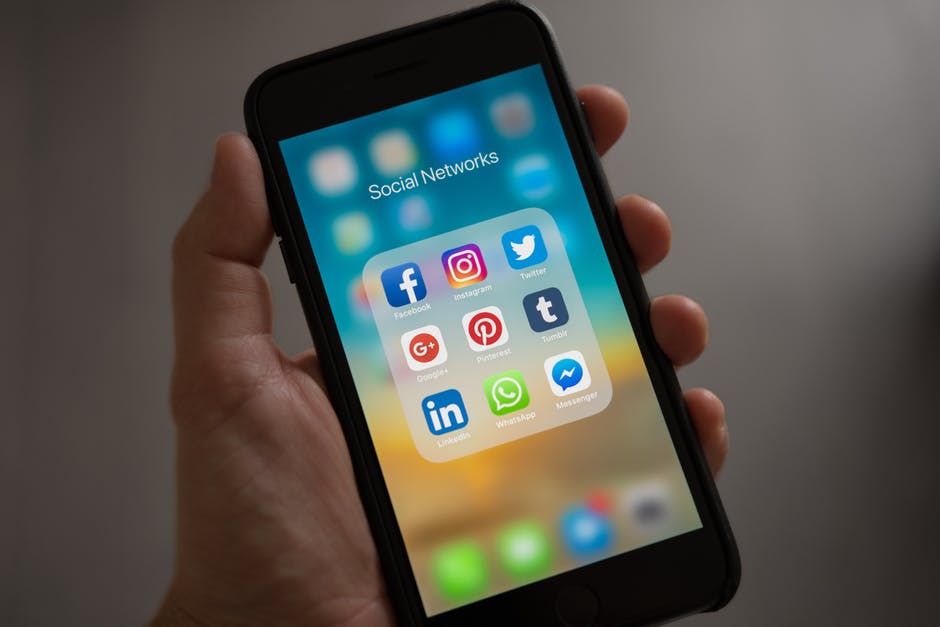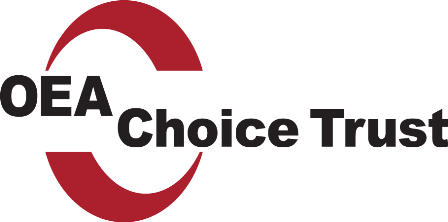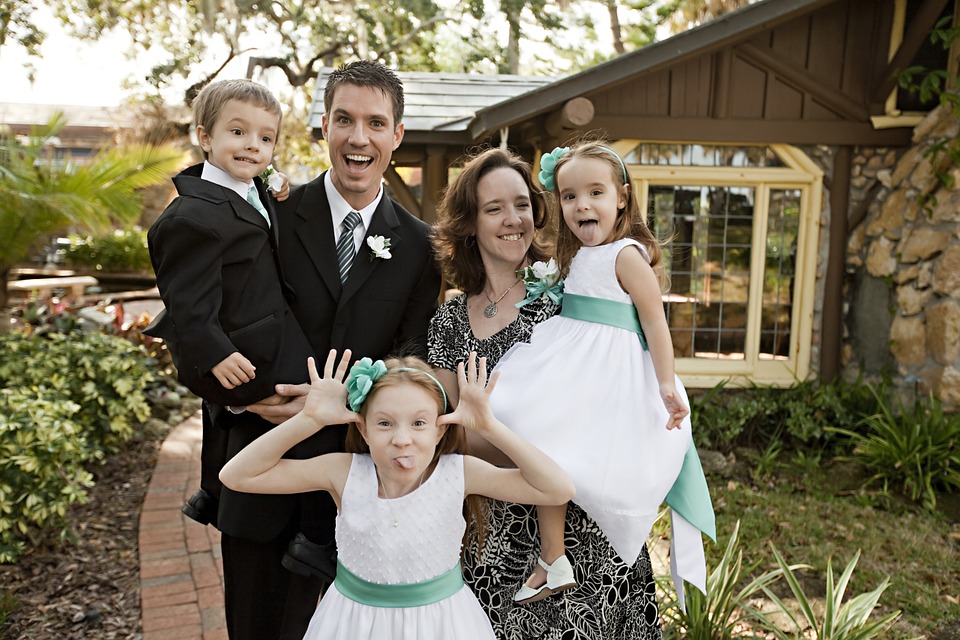Did you know that having strong, healthy relationships can benefit you as much as being a non-smoker? They can even be more impactful than healthy eating or exercising, according to a study referenced by Harvard Health Publishing.
Positive relationships can help you maintain a healthy immune system, diminish effects of stress and contribute to overall life satisfaction. A review of 148 professional studies found that they can help you live longer, too! (References are linked at the end of this post.)
Quality over Quantity
The longest running study on human development, started at Harvard University in 1983, suggests that relationships are the number one factor for living a happy life. The number of relationships you have with friends, family, neighbors and colleagues matters less than the quality of those relationships. (If you’re an introvert, never fear – you can get the same health benefits from a few close friends as an extrovert can from a large social circle.)
Because loneliness and feelings of isolation are predictors of poor health, it’s in our best interests to be intentional about our relationships. (Feeling and being isolated is connected to lowered immune function, depression, higher levels of stress and higher blood pressure.) Being intentional means making plans to connect with others, then being more present and empathetic when we’re with them.
Since quality matters more than quantity, it’s best to leave negative or “toxic” relationships. The consequences of a negative relationship are more damaging than the health and well-being risks of being lonely. Ending negative relationships will also make room for healthier ones. Speaking with a trusted friend, family member or professional can help you figure out how to let go of a negative relationship.
5 Strategies for Better Relationships
Building relationships takes consistent effort and nurturing. With all our responsibilities, it can be hard to stay consistent, but you can use the strategies below to improve your relationships.

1. Schedule it – By intentionally penciling in time for another person, you show them they are a priority. This could be a weekly phone call to a parent, date night twice a month, or just short daily walks in the park with Fido. Schedule it, then put those dates on your calendar!
2. Be present – Eliminate distractions. You might be tempted to multitask (which studies show makes people less effective, not more effective), but resist the urge. One of the best ways to connect with others is to unplug from devices. Having your phone in another room or out of sight can help you give your undivided attention. Creating a “device basket” for meal times or setting up charging stations and “curfews” for devices can help you stay mindful when you’re with others.
3. Listen without judgment – This can be hard, but concentrating on another person’s feelings and needs without judging can help you connect. The other person might want your empathy more than a solution to the problem.
4. Share – Schedule time to share your life with someone who listens and is supportive. It’s important to have someone you can feel safe opening up to, even if that makes you feel vulnerable.
5. Spot and let go of unhealthy relationships – Sometimes we fall into or maintain relationships that are not good for us. Recognizing that these connections do not help us be our best self, make us feel bad, or negatively impact our ability to manage our own feelings is important.
Connecting Online
With so much technology available, you might wonder if digital connections help your well-being. Current research indicates that interacting with others via social media platforms like Facebook or online communities does not have the same effects. Chemicals in the brain respond differently when we interact face-to-face and improve our well-being more than digital interaction.

However, if used wisely, technology can help us connect meaningfully with others. Happiness researcher Amy Blankson has 3 suggestions:
- Don’t be phony – use your blog, social media accounts and online profiles to project an authentic version of yourself. Apps like Instagram can be used to create “picture perfect” lives, but being your true self online helps others relate to you.
- If you’re going to read the feed, invest the time to respond – instead of endlessly scrolling, pause and write a response. (No, clicking the Like button on Facebook and tapping the heart icon on Instagram don’t count!) Give genuine, thoughtful responses; use social media to be social!
- Let your compliments complement your conversations – don’t only connect through devices and the internet. Replacing face-to-face communication with texts, tweets and snap chats limits how engaged and dedicated you are to the conversation, thereby limiting the depth of your connection. You’ll also both be missing out on the well-being benefits of speaking face-to-face!
Take a few minutes to mindfully connect with someone today – it’ll boost your health and theirs!
Learn more:
The Health Benefits of Strong Relationships – Harvard Health Publishing
Relationships in the 21st Century – Mental Health Foundation
Why Personal Relationships are Important – University of Minnesota
Let Technology Lift Your Life – Live Happy
TED Talk: Life Lessons from the Longest Study on Happiness – Robert Waldinger

